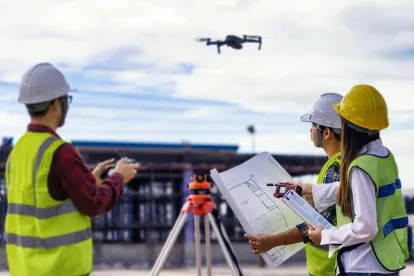Virginia Tech Mid-Atlantic Aviation Partnership (MAAP), a federally-designated drone test site, and Lee Vinsel, an assistant professor of science, technology, and society in Virginia Tech’s College of Liberal Arts and Human Sciences, released a new report this week about what the public really thinks about drone delivery. Notably, Vinsel focuses much of his work on the community of Christianburg, Virginia, which is the first community in the United States to implement residential drone delivery services. Christianburg’s residents were asked about drone delivery, and they actually had pretty positive things to say. Of the more than 800 respondents:
-
87 percent liked the idea of drone delivery;
-
89 percent would use the service; and
-
58 percent said their opinion of drone delivery improved during the pandemic.
Vinsel said, “The key thing is that speculation about technologies is different than actual experiences with them.” During the pandemic, the delivery efforts included delivering library books and expansion of the services to include more local businesses. Virginia Tech’s press release regarding this new report said, “Fifty-eight percent of Christiansburg survey respondents said that their opinion of drone delivery had improved — a much bigger boost than was measured in a 2020 survey from the Consumer Technology Association that polled a general population sample. Here again, Christiansburg residents’ experience with drone delivery may have contributed to the jump — seeing a favorite coffee shop find a new way to reach customers without in-person shopping, or a neighbor’s child receive a delivery of sidewalk chalk and crackers, may resonate more than an abstract appreciation for contact-free delivery.”
Many prior surveys of the public perception of drone delivery were negative. However, Virginia Tech points out that most of those surveys polled individuals who had likely never received a delivery by drone, and had to speculate on the service as opposed to reporting on actual experiences. Additionally, many of the previous surveys had framed the questions in a way that implies risk and potential problems, which may have prompted a negative response.
While this survey and report is great news and a step in the right direction for drone delivery, it could also be positive for commercial drone applications. The researchers have learned that community outreach, experience, and education are critical to public acceptance. Commercial drone service providers could use this approach to increase public acceptance across the board.



 />i
/>i

